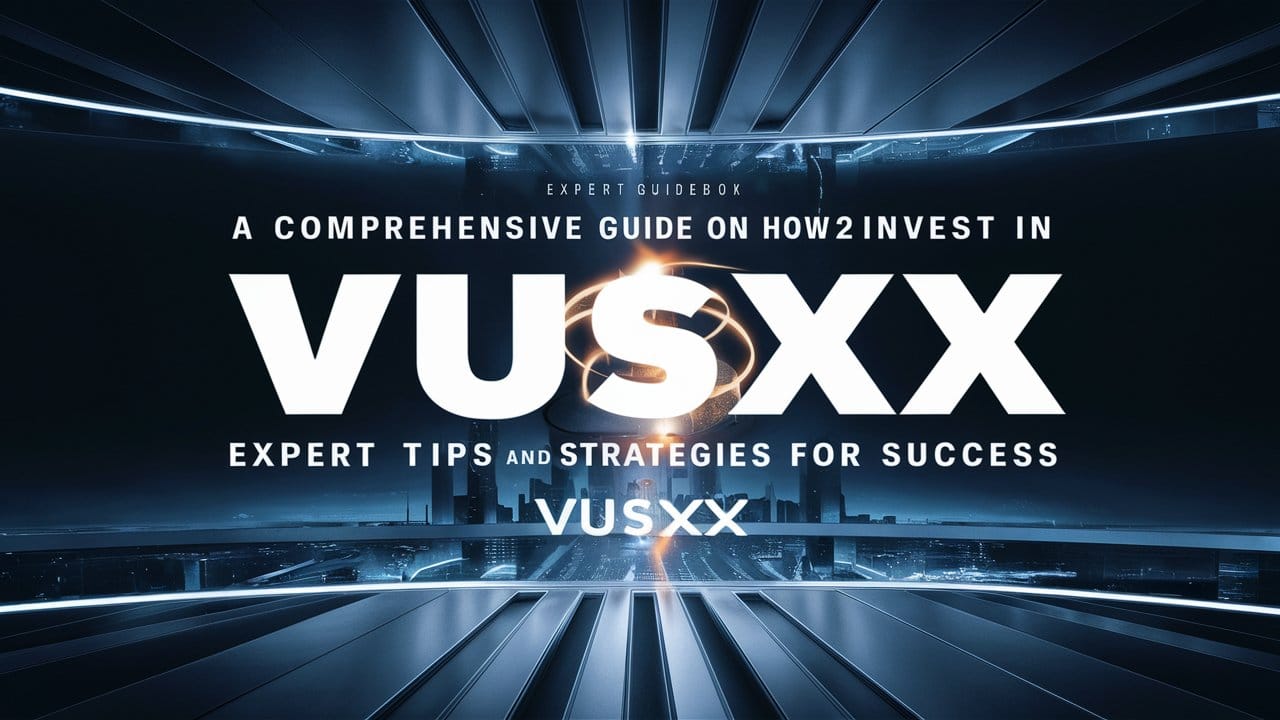In the ever-evolving landscape of corporate leadership, the educational pathways to becoming a top executive are diverse and demanding. This article delves into the types of degrees that are most beneficial for those aspiring to reach the upper echelons of corporate management, drawing insights from prominent educational programs and industry expectations.
Understanding the Role of an MBA
The Master of Business Administration (MBA) has long been regarded as the cornerstone for aspiring corporate executives. An MBA provides a broad knowledge base in areas critical to business management and leadership, including finance, marketing, and strategic decision-making. However, the relevance and necessity of an MBA may vary depending on industry trends and personal career trajectories.
Specialized MBA Programs
For those targeting specific sectors, specialized MBA programs offer coursework tailored to industries like technology, healthcare, or international business. This customization helps candidates align their education closely with their career goals, providing them with the tools needed to navigate the unique challenges of their chosen fields.
Also Read: Absolute Junk NYT: How The Times Lost Reader Trust
The Rise of Executive MBAs
Executive MBA (EMBA) programs cater to professionals who already possess significant work experience and are looking to elevate their careers to senior management roles. These programs are typically designed to allow students to continue working while studying, thereby integrating their learning experiences directly with their professional roles.
Global Executive Education
Top business schools, including NYU Stern, have developed global EMBA programs in partnership with international institutions. These programs emphasize global business strategies and leadership, preparing students to operate in a multinational environment and manage across cultures.
Beyond Traditional Business Degrees
Master’s in Business Analytics
In the data-driven business world, a Master’s in Business Analytics can be incredibly valuable. This degree focuses on teaching professionals how to harness and interpret vast amounts of data to make strategic business decisions.
Fintech Innovations
With the rise of digital finance, a Master’s in Fintech has emerged as a critical degree for those looking to lead in the banking and financial services industries. This program covers topics from blockchain technology to regulatory frameworks, equipping graduates to lead in a rapidly evolving sector.
Integrating Soft Skills with Formal Education
While formal education is crucial, the soft skills required to be a successful executive—such as leadership, communication, and empathy—are often honed through experience rather than classroom learning. Top-degree programs increasingly incorporate soft skill development into their curricula, recognizing the balance needed between technical knowledge and interpersonal abilities.
The Impact of Continuous Learning
The concept of lifelong learning is vital for corporate executives. The business world evolves continually, and staying abreast of new technologies, management strategies, and global market trends is essential. Many executives continue their education through short courses, workshops, and seminars to keep their skills and knowledge up-to-date.
Also Read: Aggressively Question NYT Clues: Tips for Puzzle Solvers
Conclusion
Choosing the right degree for a career as a corporate executive involves a careful consideration of one’s career goals, industry requirements, and the educational opportunities available. Whether through an MBA, an EMBA, or specialized master’s programs, education remains a fundamental pillar for anyone aiming to reach the top of the corporate ladder. With the insights provided by leading educational institutions and tailored degree programs, aspiring executives can find the path that best suits their ambitions and the demands of the modern business world.
This comprehensive exploration provides a clearer understanding of the educational paths leading to corporate leadership, illustrating the dynamic and multifaceted nature of preparing for top executive roles.














Leave a Reply